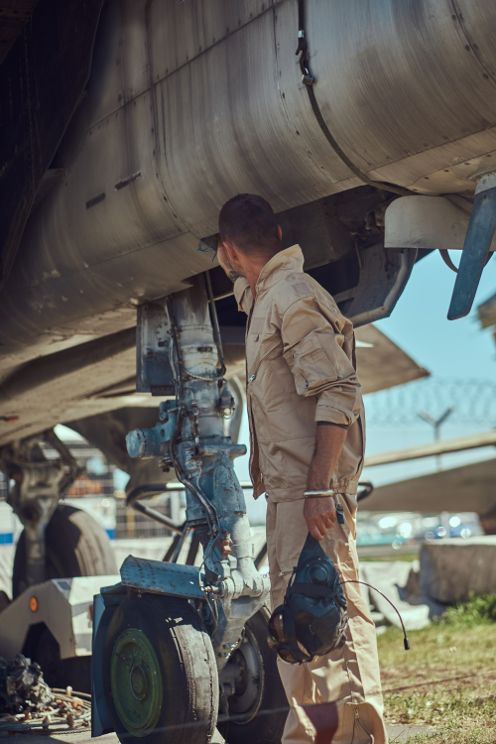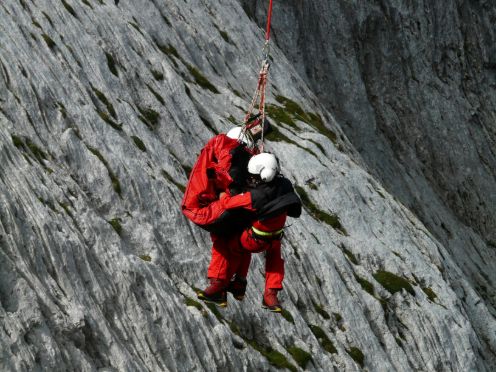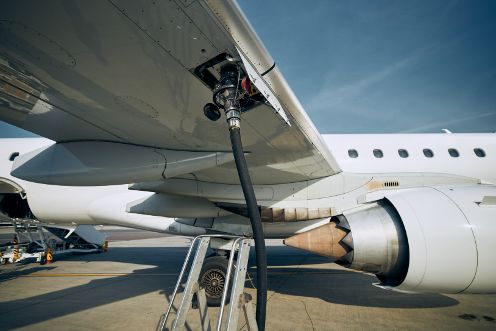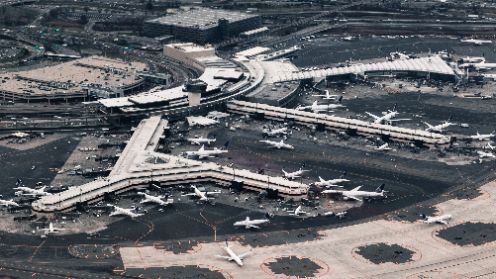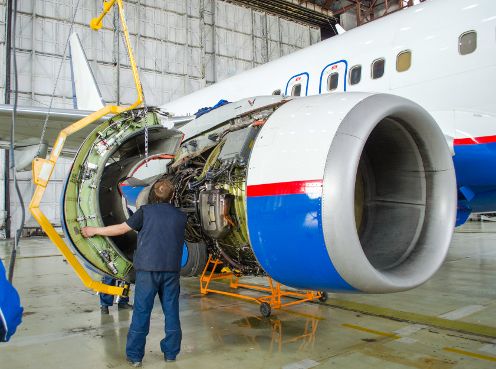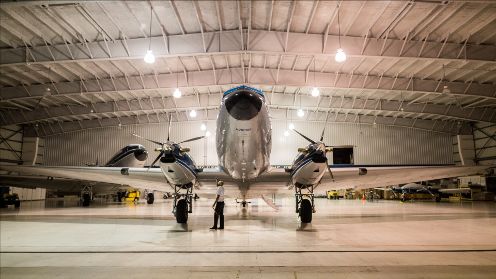Human Factors in Airport Operations
Explore how people, technology, and organizations interact in airport operations. Learn to manage error, fatigue, decision-making, and leadership to strengthen safety.

@ Aeroclass
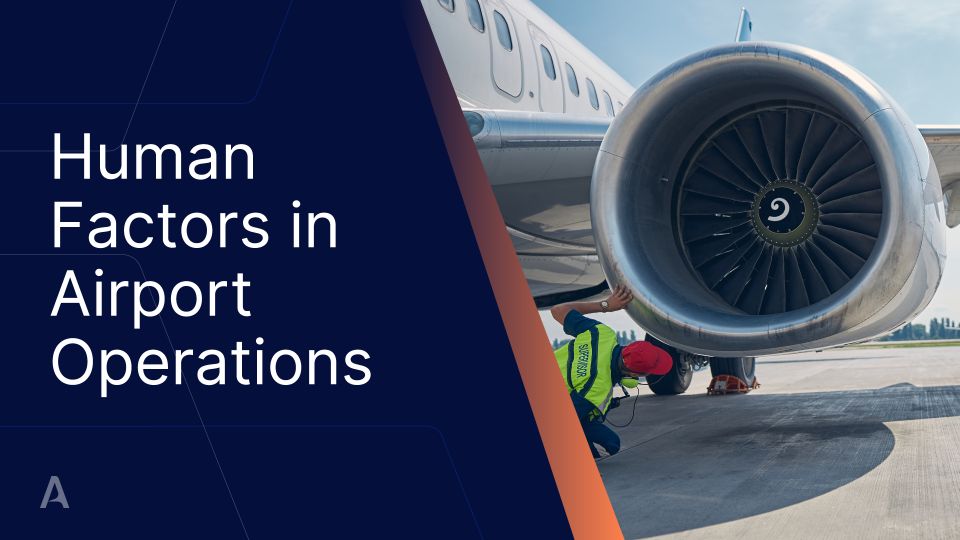

Course description
Human factors play a critical role in safe and efficient airport operations. Errors, workload, fatigue, and communication breakdowns can compromise safety, while strong leadership, just culture, and effective teamwork can significantly enhance resilience.
This training provides a comprehensive exploration of human factors in the airport environment, combining theory with case studies and practical applications. Participants will examine how culture, organizational structures, and human performance influence outcomes. Topics include error management, decision-making under pressure, fatigue and stress, communication protocols, reporting practices, and personal safety leadership.
By the end of this class, participants will have the tools and insight to recognise human factor risks, apply proven strategies, and contribute to safer and more effective airport operations.
Learning outcomes
By the end of this class, participants will be equipped to:
- Explain the role of human factors in airport operations and their impact on safety and efficiency
- Identify and manage different types of human error, workload, fatigue, and stress
- Apply decision-making models and recognise cognitive biases in operational contexts
- Use effective communication techniques, including closed-loop protocols, to strengthen teamwork
- Contribute to a just culture by applying effective reporting and analysis practices
- Demonstrate safety leadership, resilience, and personal accountability in high-pressure environments
- Integrate human factors concepts into incident investigations and continuous improvement efforts
Who should attend
- Airport operations and safety managers
- Airside operations supervisors and coordinators
- Ground handling and ramp operations personnel
- Quality, compliance, and safety management staff
- Human factors and training specialists
- Other professionals involved in or supporting airport operations
Meet your instructor

Laurence Graham
Laurence Graham is a seasoned aviation leader with more than 40 years’ experience in airline operations, management, safety, and organisational resilience.
A former Chief Standards Pilot and Senior Check Captain with South African Airways, he is qualified as a commander on Airbus and Boeing aircraft, including the Airbus A350, A340,
A330, and B747-400, among others. Across an airline career spanning 25,000 flight hours, he maintained an unblemished safety record while shaping future airline leaders and advancing operational standards.
Holding an Executive MBA from Henley Business School, University of Reading, Laurence combines deep operational insight with strategic business acumen. He has served as Director
of Professional Standards for a branch of the International Federation of Airline Pilots’ Associations (IFALPA) and, in recognition of his contribution to aviation, was elected a Fellow
of the Royal Aeronautical Society (FRAeS) in 2020. Furthermore, Laurence holds qualifications in aviation assessment, assessment design, and moderation.
His expertise spans flight operations and management, where he set and upheld the highest standards of performance. He also brings extensive experience in leadership development, Safety Management Systems, and Business Continuity Management, applying the same discipline and precision that defined his airline career. Through his consultancy, he equips
aviation and corporate leaders to build strong safety cultures, make sound decisions under pressure, and lead effectively in high-reliability environments. Additionally, he now consults closely with Henley Business School–Africa in the fields of safety management and business continuity.
Laurence lectures in aviation human factors at university level and has developed numerous online and in-person training programmes. His career reflects a lifelong commitment to operational excellence, developing leaders of the future, and advancing safety and resilience across the global aviation industry.
Related courses
Aeroclass offers online courses from leading industry professionals. Learn anytime, anywhere, and master practical skills to advance your career.
Lift your aviation career off the ground
- Check your knowledge with quizzes
- Study on different devices
- Aviation management courses
- Certified courses
- Classes
- Obtain Aeroclass Certificate


